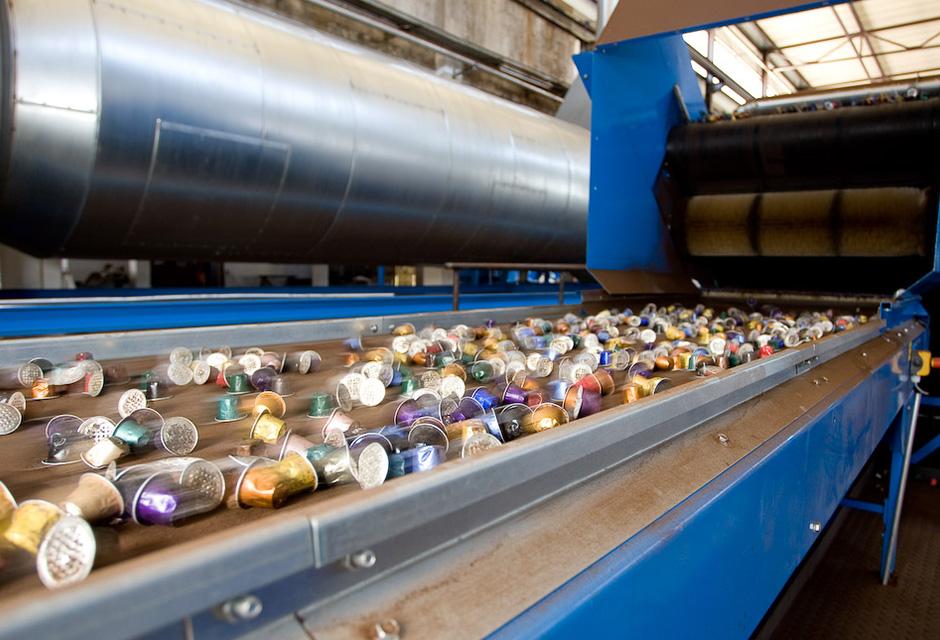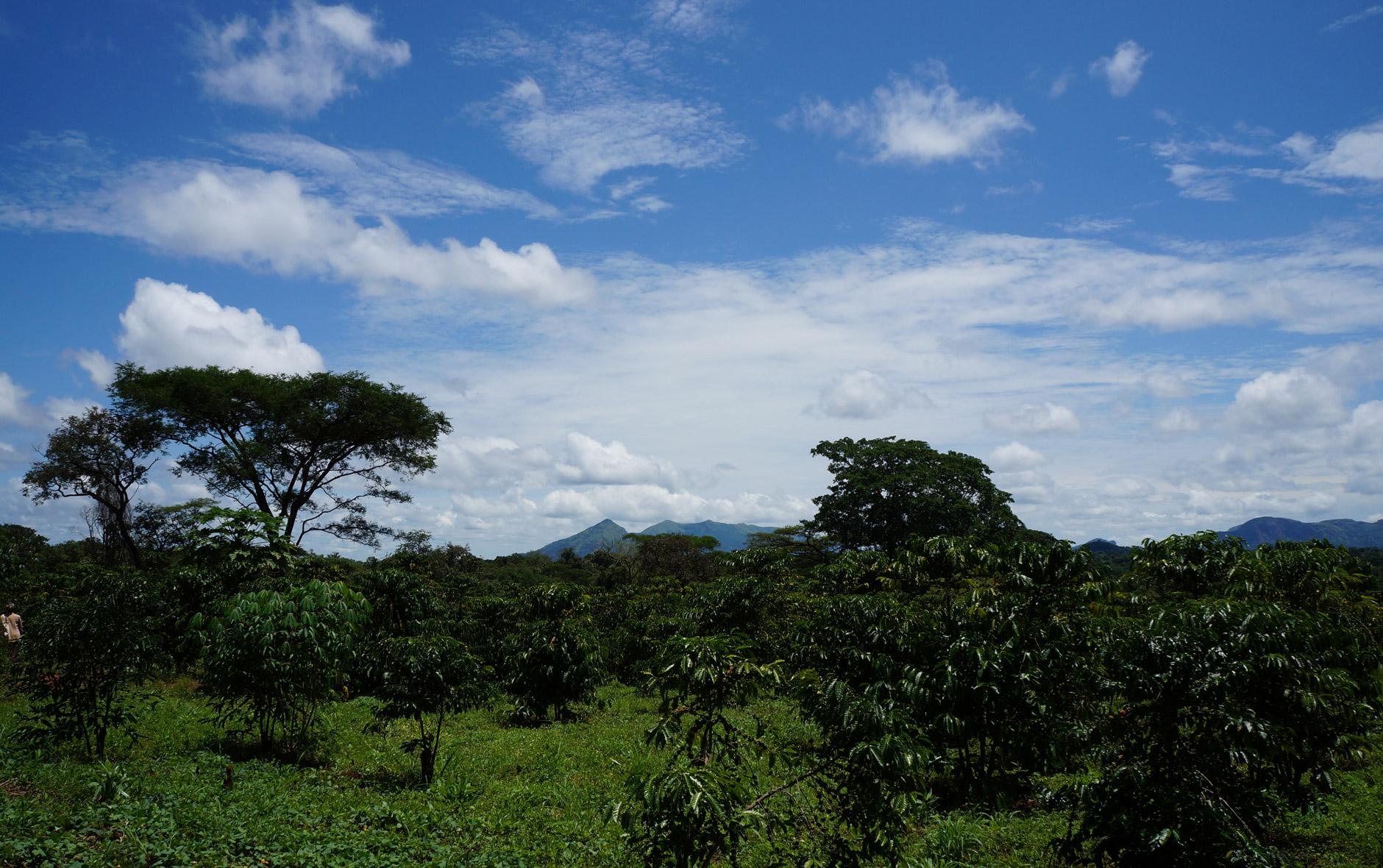ALUMINIUM STEWARDSHIP
In 2009, with the support of the International Union for Conservation of Nature (IUCN), we joined forces with other players in the industry to develop the first global sustainable aluminium standard. The result is the Aluminium Stewardship Initiative (ASI).
We are founding members of the ASI, which has set the first ever global standards for sustainably, responsibly-produced aluminium. ASI certification covers critical issues for the entire aluminium value chain, including biodiversity management in mining, the protection of indigenous peoples’ rights, and emissions and waste.
Because it’s infinitely recyclable, aluminium also presents an excellent opportunity for a closed-loop production process. We encourage all of our consumers to recycle their capsules and today our recycling program is available in 53 countries. 91% of our consumers have access to a recycling solution accross the world.
We launched the first coffee capsules on the market made using 80% recycled aluminium, as part of our continued journey towards circularity, going further to minimize waste and maximize reuse of product materials.
Made of a thinner aluminium foil, each new capsule is produced using 9.2% less aluminium material, and is therefore 8% lighter.
Aluminium is infinitely recyclable and is one of the most widely recycled materials in the world. Recycled aluminium requires less energy to produce than a virgin product, so it is well-suited to use in a circular business model.
Aluminium also optimally protects the freshness and aromas of high-quality coffee, providing a perfect barrier against oxygen, light and humidity that is why we have always used aluminium in our capsules.
The aluminium of recycled capsules is transformed into new objects such as bicycles, soda cans, car engines and even new Nespresso capsules.




